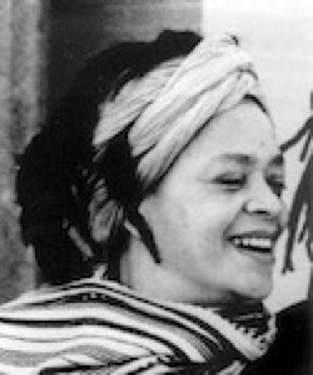Literary Critique - The Lesson
September/06/2016 04:07 PM Filed: Literary Critiques

Photo Credit: Unknown
(Wikipedia)
The Individual and Social Disparity
In Toni Cade Bambara’s 1972 story, “The Lesson,” an eccentric heroine takes upon herself the responsibility of mentoring a group of underprivileged children in her neighborhood. Educated and always dressed well, she inspires and annoys. She’s scoffed at and talked about, yet respected. Narrated by one of the children, now an adult reminiscing, this parable is told from a first person viewpoint.
Miss Moore teaches the value of the dollar and the importance of working toward worthwhile goals. Encouraging these kids to look at everything they cannot afford in a toy store, they decide whether an item is priced correctly. Figures seem exorbitant while examining numerous items with interest.
She ends this provocative visit with an inquiry, allowing these students to determine the fairness in social disparity. The reaction she receives is more than mere childhood longing and fantasy.
Sugar, the narrator’s companion, responds, “Equal chance to pursue happiness means an equal crack at the dough, don’t it?”
At this point, Sugar realizes she wants an opportunity to acquire material possessions only the “other half” can afford. With the right guidance, she will choose education.